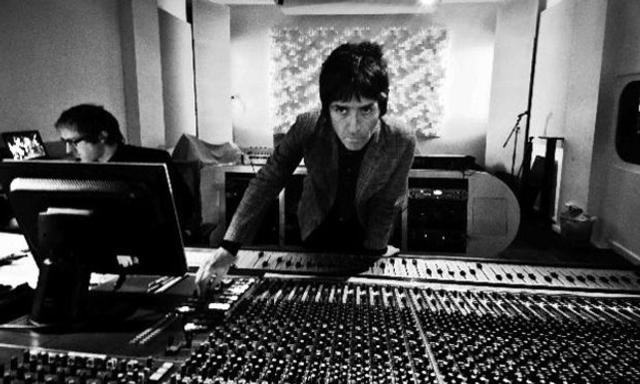As the most gifted guitarist of his generation and co-writer with the most important British alternative band of the last 30 years, Johnny Marr's status as indie music legend is indisputable. The Smiths redefined what we viewed as pop music in the 80s; their sound was a reaction to the bright and shiny synth pop of the time, appealing to an audience starved of music that said anything real or meaningful about their lives. Marr's sparkling, inventive guitar melodies proved a perfect foil for Morrissey's eloquent, lyrical misery and together they forged a prolific partnership that produced a glut of songs that endure to this day.
When Marr walked away from The Smiths in 1987, exhausted and drained having shouldered the lion's share of responsibility in the band, he triggered a bitterly acrimonious split that ensured that there would be no money-spinning comeback tours or nostalgia fuelled reunions. He has always been viewed by some of the more ardent Smiths fans as the main instigator of the bands sad demise, and his subsequent role as a session musician with a plethora of high profile acts only served to fuel the view that Marr had left the most creative force in British pop music to become nothing more than a hired gun.
Some twenty six years later Marr releases his first solo album, The Messenger, at a time when rumours of a Smiths reunion are on the rise again. The Messenger is sure to pique the interest of anyone with a passing interest in the music of The Smiths and while Marr does a solid job, it is all very workmanlike and unspectacular. There are occasional glimpses of the melodic genius behind some of the Smiths best loved songs -'European Me' has the kind of lovingly crafted chord sequence that will cause hearts to flutter, while single 'The Right Thing Right' is a strident pop song that opens the album on a brash and confident note. 'New Town Velocity' starts with that trademark guitar jangle and stands out as one of the better tracks, but too many of these songs are standard indie guitar fare. Marr proves a capable if unremarkable vocalist and lyricist but perhaps the most disappointing aspect is the lack of guitar invention on display across these twelve tracks. It is almost as if the many years of session work has left Marr sounding less unique and more like any other aspiring indie guitarist.
No doubt The Messenger will be welcomed by some Smiths fans, if only for the shock of hearing something new from such an iconic figure after all these years. Not a bad album by any stretch of the imagination but, in a collection of average songs, traces of real magic are noticeably absent.
Review by Paul Page














































































